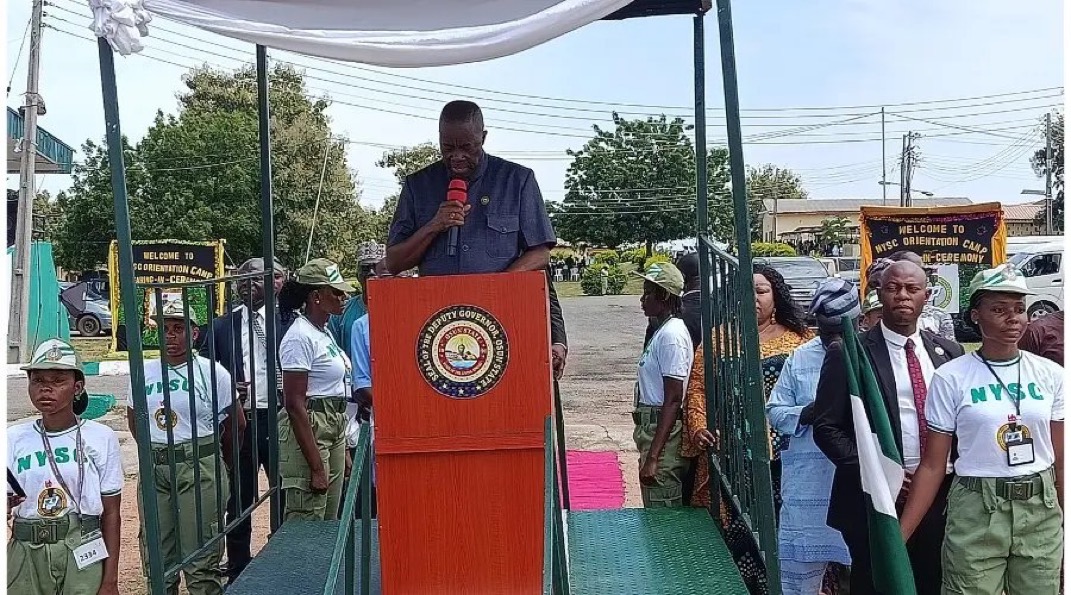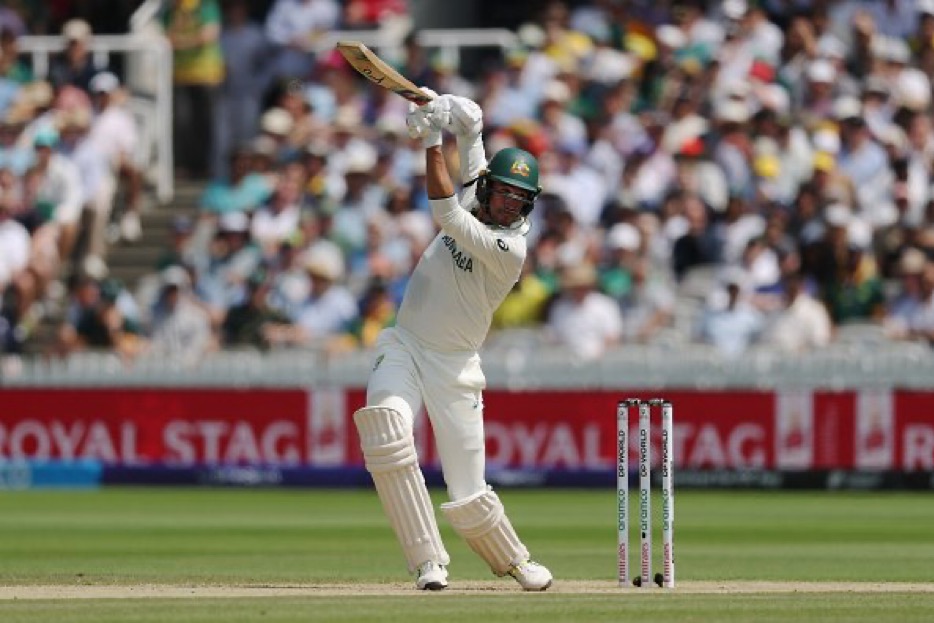Some films entertain. Some provoke. STRAW does something far more rare. It hurts in ways that feel deeply personal. And it heals in ways that sneak up on you.
At the center of it all is Taraji P. Henson in a performance that doesn’t just draw you in. It swallows you whole. She plays a single mother struggling to stay tethered to reality after the unimaginable loss of her child. There is no dramatic explosion of grief here. Just a quiet, terrifying unraveling. She begins to lose time. She forgets what’s real and what’s not. She starts seeing her baby in shadows and hearing cries that no one else hears. Taraji doesn’t perform this pain. She lives inside it. And she brings the audience with her whether they’re ready or not.
Then there is Teyana Taylor. She plays a police officer who’s first on the scene when neighbors report something’s wrong. But she doesn’t see a threat. She sees a woman in free fall. And she sees herself. Raised by a single mother and shaped by struggle, her character understands what it means to be strong for too long. She doesn’t come in to save the day. She comes in to listen. To bear witness. To hold space in a world that offers so little of it. Teyana plays the role with such quiet honesty you almost forget she’s acting. There’s no performance in her eyes. Only truth.
Together, Henson and Taylor give us something almost too intimate to watch. Their scenes together are raw and unfiltered. There’s no shouting. No big speeches. Just two women, broken in different ways, slowly finding a fragile kind of understanding. Sometimes all it takes is someone who knows what pain looks like without needing it explained.
Director Lila Monroe lets the story breathe in the silence. She refuses to look away. There’s no glossy editing or emotional manipulation. Just life in all its mess and sadness and complexity. The camera lingers where most films would cut away. It lets the discomfort sit. It lets the grief speak.
People are walking out of STRAW with tears still on their cheeks. Not because it’s sentimental. But because it’s real. Online, audiences are calling it a masterpiece. Not in the flashy, polished sense. In the way that matters. In the way that changes you a little.
STRAW doesn’t offer easy answers. It doesn’t wrap up with a bow. It honors the kind of pain that doesn’t resolve neatly. And it celebrates the power of simply being seen.
Taraji P. Henson and Teyana Taylor have created something unforgettable. Not just for awards season. But for every woman who’s ever been told to be strong when all she really needed was someone to say, I understand.








Leave a Reply